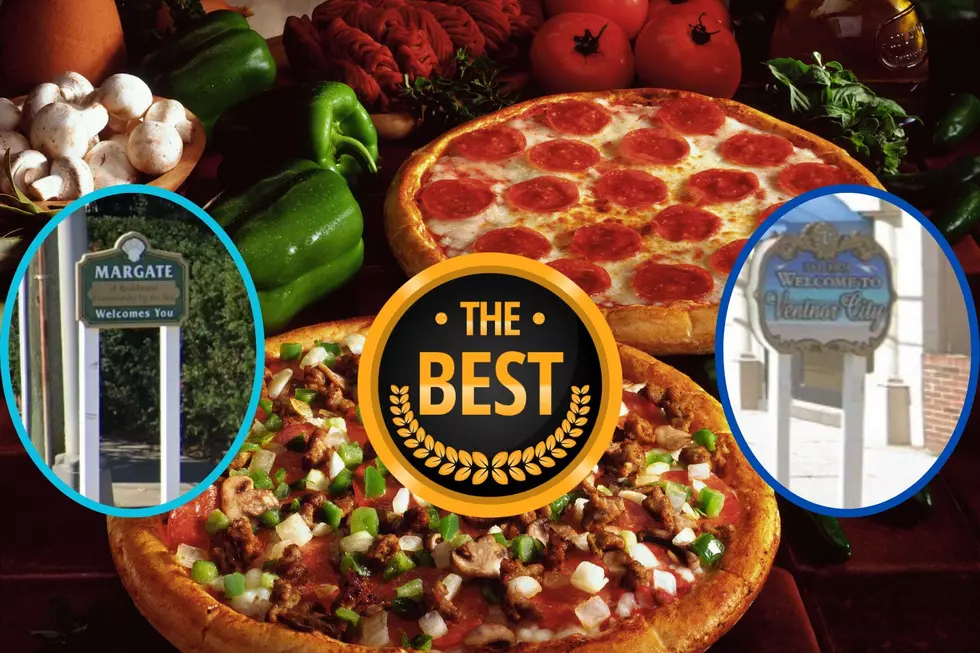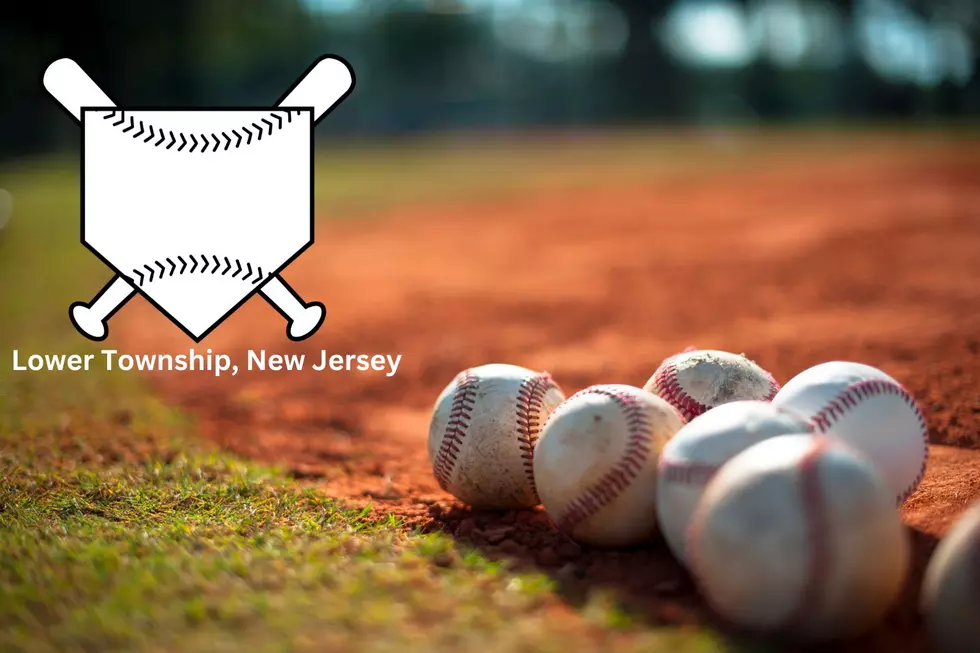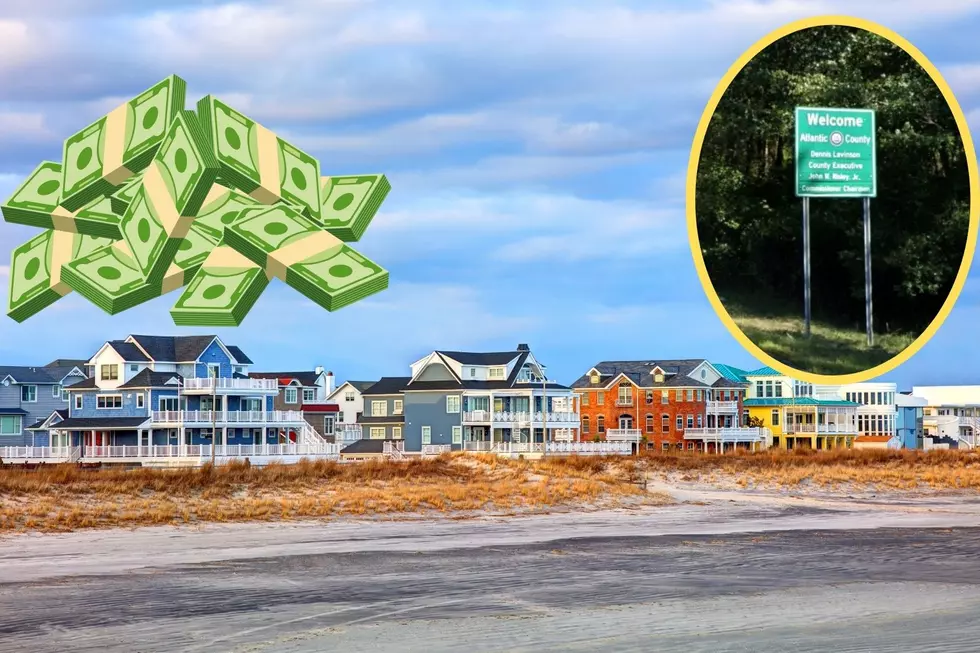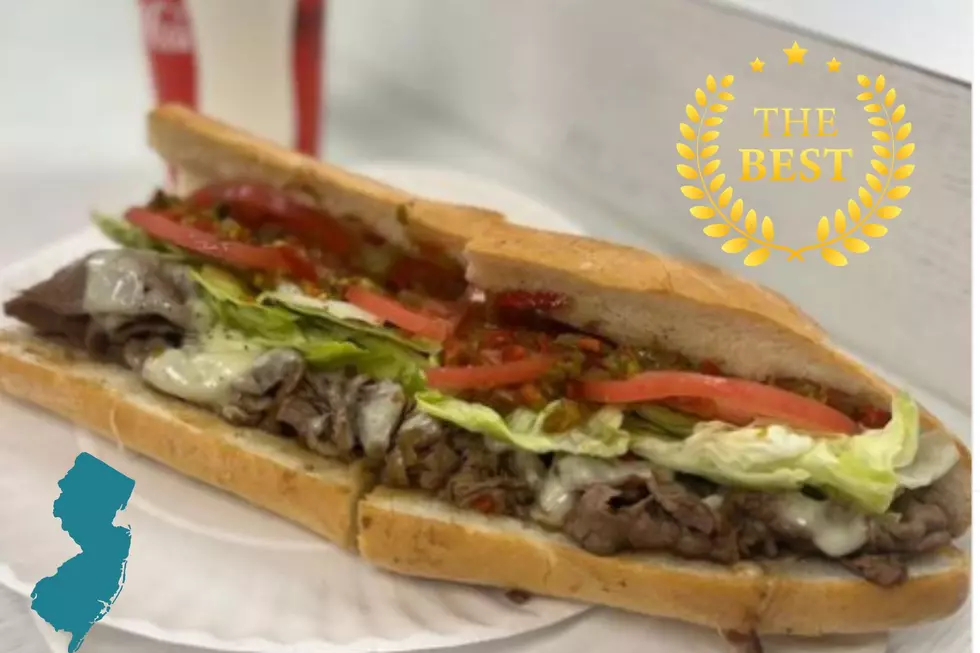
Extra Points: Pleasantville’s Max Manning, A.C.’s Pop Lloyd Now Among Local Major Leaguers
Before Wednesday, there had been only eight local baseball players from Atlantic, Cape May and Cumberland Counties to reach the Major Leagues.
That changed when MLB finally decided to recognize players who competed in the Negro Leagues as Major Leaguers.
"All of us who love baseball have long known that the Negro Leagues produced many of our game's best players, innovations and triumphs against a backdrop of injustice," Baseball Commissioner Rob Manfred said Wednesday in a statement. "We are now grateful to count the players of the Negro Leagues where they belong: as Major Leaguers within the official historical record."
As a result, Pleasantville native Max Manning and longtime Atlantic City resident John Henry "Pop" Lloyd joined a list that included Cumberland outfielder Randall Byers, Vineland pitcher Dick Errickson and outfielder Darren Ford, Millville infielder Larry Milbourne and outfielder Mike Trout, Atlantic City pitcher Brett Kennedy, Mays Landing pitcher Cody Stashak and Lower Township outfielder Matt Szczur.
Trout, the three-time American League MVP, and Stashak are currently in the majors with the Los Angeles Angels and Minnesota Twins, respectively.
Manning made his Negro League debut in 1938 with the Newark Bears at age 19 after playing for Pleasantville High School as the lone black player on the team. The lanky, bespectacled right-hander pitched eight seasons for the Bears, compiling a 37-18 record with 4.36 ERA and 212 strikeouts. His 37 career wins in the Negro National League are the most by a local major-league pitcher, surpassing the 35 earned Errickson (against 42 losses) during a five-year career with the Boston Bees, Boston Braves and Chicago Cubs.
In 1940, Manning went 14-7 with a 2.97 ERA and 36 strikeouts. His 14 wins that year ranked third in the Negro National League. After serving in the U.S. military for four years, he returned to the Bears in 1946 and went 13-1 with a 2.70 ERA and also helped the Bears win the 1946 Negro League World Series.
His best season came in 1947, when he went 15-6 and led the NNL in victories. Including his season in Cuba and Mexico, Manning posted a career record of 70-32 against black teams, according to the web site baseball-reference.com. His .686 winning percentage is seventh alltime among pitchers with 50 or more wins in the Negro Leagues.
After his baseball career, Manning went to Glassboro State College (now Rowan University) and taught for 28 years in the Pleasantville school system before passing away in 2003 at age 84.
Manning is buried in Atlantic City Cemetary in Pleasantville and his gravesite is not far from Lloyd's, who passed away in 1964 at age 79.
While pitcher Satchel Paige, catcher Josh Gibson are most frequently mentioned among the top players in the Negro Leagues, Lloyd was considered among the best baseball players of the era, comparing favorably with Ty Cobb, Lou Gehrig, Rogers Hornsby, Babe Ruth and Honus Wagner.
There's a famous story that in 1938 St. Louis sportswriter Ted Harlow was asked to pick the best player in the history of baseball at that time.
He chose Lloyd.

"If you mean organized (white) baseball, my answer would be Babe Ruth," Harlow reportedly said. "But if you mean in all baseball, organized and unorganized, I would have to say it is a colored man named John Henry Lloyd."
Lloyd started his career with the Philadelphia-based Cuban X Giants in 1906. He played for several teams over the span of 26 seasons in various Negro Leagues and spent 12 winters playing in the Cuban League.
His career included six seasons the the Bacharach Giants in Atlantic City, which played their home games at 10,000-seat Bacharach Park, which was located at North Tennessee and Caspian avenues.
His retired with a career batting average of .343 with a slugging percentage of .456. Little wonder that he was inducted into the Baseball Hall of Fame in 1977.
After his baseball career ended, he settled in Atlantic City. Lloyd first took a job at the post office before working as a janitor for many years in the Atlantic City school system. Lloyd was also heavily involved in local youth baseball, serving as commissioner of the city's Little League program. Pop Lloyd Stadium, which is located on Indiana and Huron Aves., opened in 1949.
Lloyd's baseball career ended 15 years before Jackie Robinson broke MLB's color barrier in 1947. However, he never felt slighted.
"I do not consider that I was born at the wrong time," Lloyd said at the 1949 dedication of the stadium.
"I felt it was the right time, for I had a chance to prove the ability of our race in this sport. ... And we have given the Negro a greater opportunity now to be accepted into the major leagues with other Americans."
On Wednesday, that opportunity was finally realized for Lloyd and Manning.
KEEP READING: South Jersey Athletes Who Played/Coached in NBA and MLB
More From 97.3 ESPN









